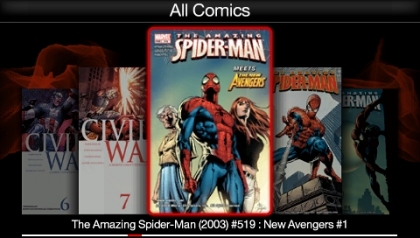Tech News for Nerds: Life Without Wires
Comment number:
6
Advertisement

Showing 9 results




"It is shocking to find how many people do not believe they can learn, and how many more believe learning to be difficult.”
Frank Herbert, Dune
For compliance with applicable privacy laws:



